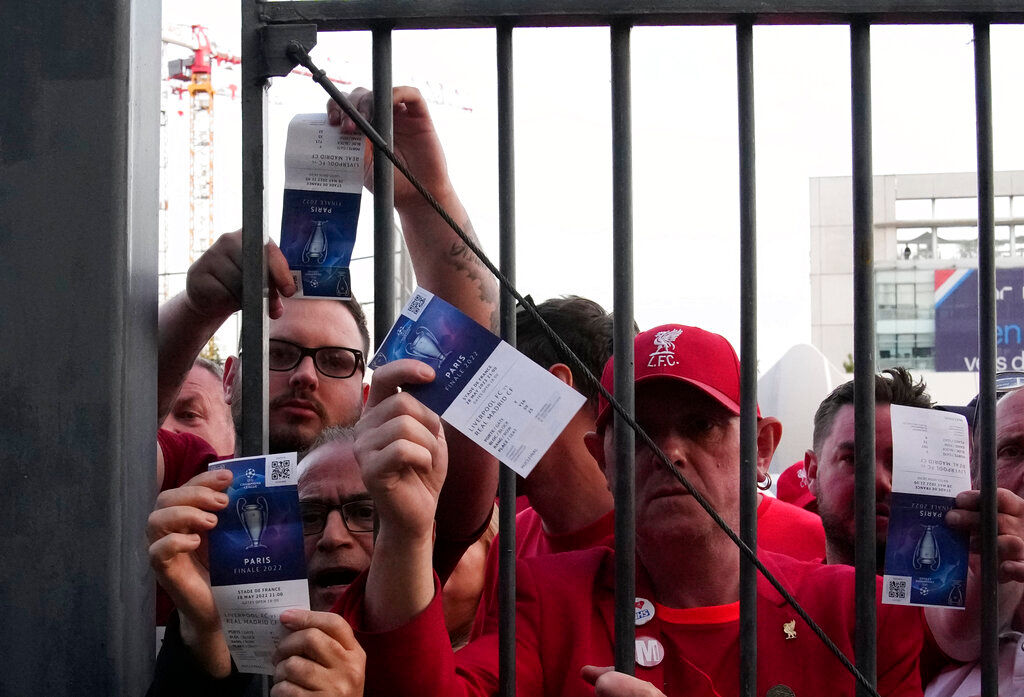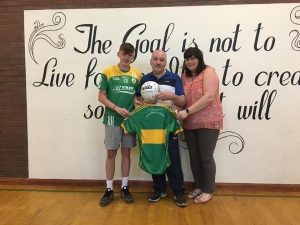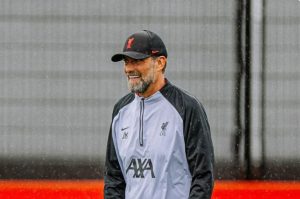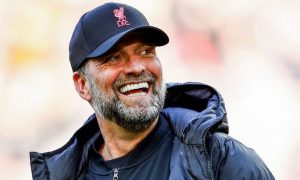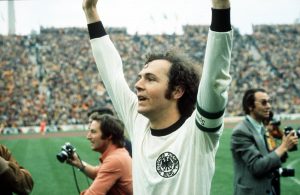UEFA on Monday announced an independent investigation into the incident involving Liverpool fans and the French police that led to a delayed kick-off at the Champions League final on Saturday.
The investigation, led by Dr Tiago Brandão Rodrigues from Portugal, will “examine decision making, responsibility and behaviours of all entities involved in the final,” UEFA said in a statement.
Also read | Jurgen Klopp unfazed after Liverpool’s 1-0 loss to Madrid: We will go again
“Evidence will be gathered from all relevant parties and the findings of the independent report will be made public once completed and upon receipt of the findings, UEFA will evaluate the next steps,” the governing body of European football further said, hinting that action would be taken if anything was found to be amiss.
The news comes hours after French authorities claimed that tickets for the final had been fraudulently sold, with interior minister Gerald Darmanin claiming that there was a “massive fraud at an industrial level.”
Also read | Abramovich completes Chelsea sale to Todd Boehly for a record $3.2 billion
Saturday’s UCL final, which Real Madrid won 1-0, was marred by ugly scenes outside the stadium that resulted in kick-off being delayed by 36 minutes.
Videos and photos shared on social media showed throngs of Liverpool fans stuck outside locked gates of the Stade de France, while some clips also showed French police spraying the raucous fans with tear gas.
Also read | Carlo Ancelotti makes history, wins UEFA Champions League for 4th time
With Liverpool fans being disproportionately affected by the incident, the club on Sunday called the handling of the situation “unacceptable” and demanded a probe to identify those responsible.
While UEFA had initially attributed the chaos and the delay in kick-off to the “late arrival” of fans, French authorities later acknowledged that the situation had been poorly handled: Mathieu Valet, a spokesperson for France’s independent police commissioner’s union (SICP), told the BBC, “It’s clear that we needed more police – we didn’t have enough on the ground.”

